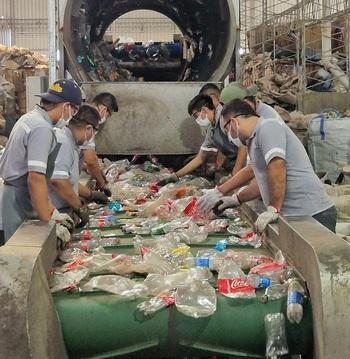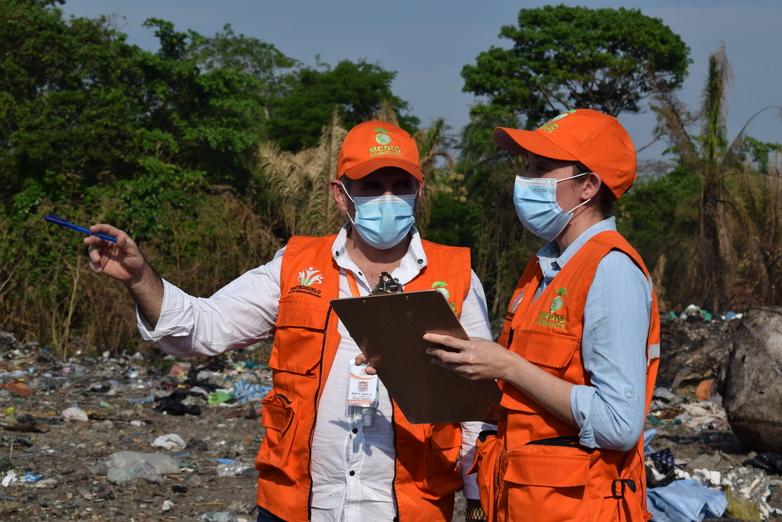Context
A large proportion of Bolivia’s population lives in urban environments. The rapid growth of towns and cities is increasing the pressure on the responsible institutions to establish future-proof urban planning and provide the necessary public services. At present, there is virtually no provision for regulated waste management or a circular economy integrating, for example, waste avoidance and separation, recycling, and extended producer responsibility involving the industries that generate waste.
Objective
The personnel, institutional and planning framework conditions for climate-friendly and sustainable urban development in Bolivia have improved.


